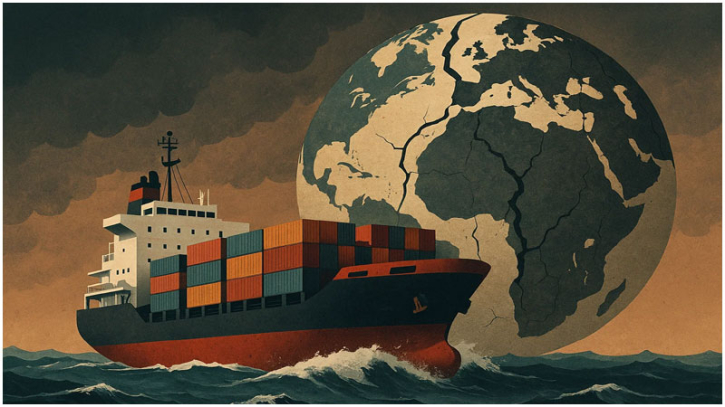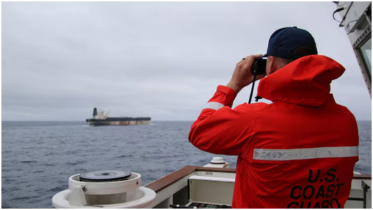Global shipping faces fragile growth amid rising costs and geopolitical risks

Global shipping, which carries more than 80% of world merchandise trade, is entering a period of fragile growth marked by rising costs and mounting uncertainty, according to the Review of Maritime Transport 2025 released by the United Nations Conference on Trade and Development (UNCTAD).
After a strong performance in 2024, seaborne trade volumes are forecast to expand by just 0.5% in 2025. UNCTAD attributes this slowdown to geopolitical tensions, shifting trade patterns, and a series of operational disruptions that are reshaping global shipping.
Last year, long-distance rerouting linked to geopolitical conflicts kept vessels in motion and drove a record 6% increase in ton-miles. Yet, this came at the expense of efficiency. New tariffs, higher port fees, and altered shipping lanes have contributed to operational strain, resulting in skipped ports, extended voyages, and escalating costs for shippers and consumers alike.
US policy initiatives targeting foreign-built or foreign-operated vessels could further inflate costs and complicate routing choices. At the same time, the energy sector’s evolving dynamics are changing cargo flows. Coal and oil shipments are expected to contract in line with global decarbonisation efforts, while liquefied natural gas (LNG) trade continues to expand.
The scramble for critical minerals—key components for batteries and renewable energy technologies—is adding another layer of geopolitical tension to maritime trade. Developing economies, which rely heavily on shipping to seize new opportunities, face particular exposure to these shifts.
Freight rates have also grown more volatile. Disruptions such as the 2024 Red Sea crisis pushed prices upward, while uncertainty in 2025 continues to loom over chokepoints like the Strait of Hormuz. Environmental regulations and emissions pricing are increasingly shaping the economics of shipping, placing additional pressure on operators to adapt.
High transport costs remain especially burdensome for developing nations, with Small Island Developing States (SIDS) and Least Developed Countries (LDCs) disproportionately affected. UNCTAD called for targeted policies to mitigate these impacts, stressing the need for investment in port infrastructure and greater adoption of digital tools such as maritime single windows and port community platforms.
Meanwhile, congestion and delays at major ports persist, adding to costs and reducing reliability. To manage these challenges, UNCTAD emphasized the importance of cleaner and more efficient shipping practices, alongside policies that balance economic resilience with environmental sustainability.
.png)




